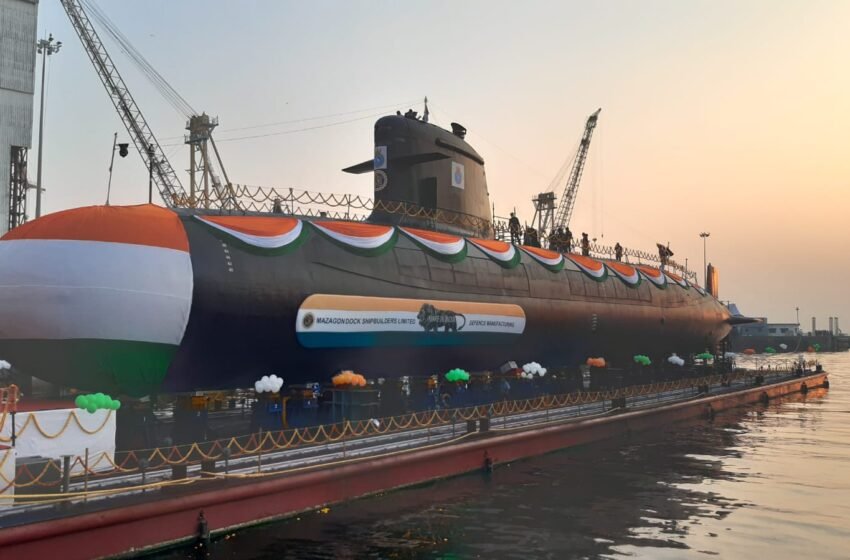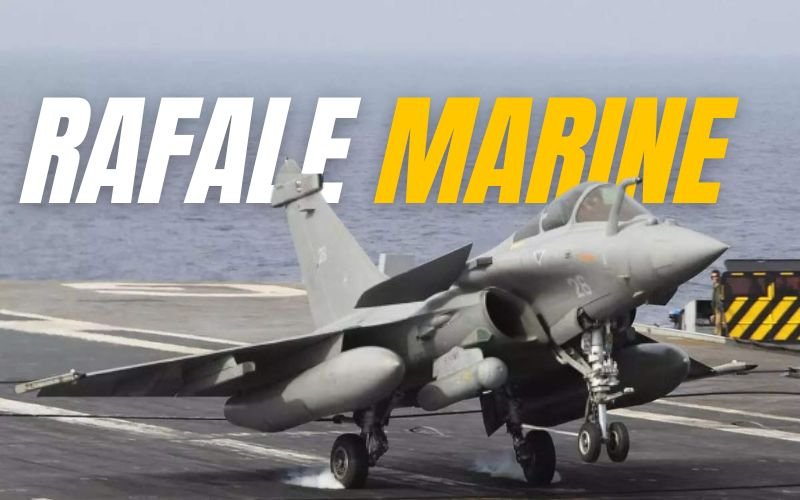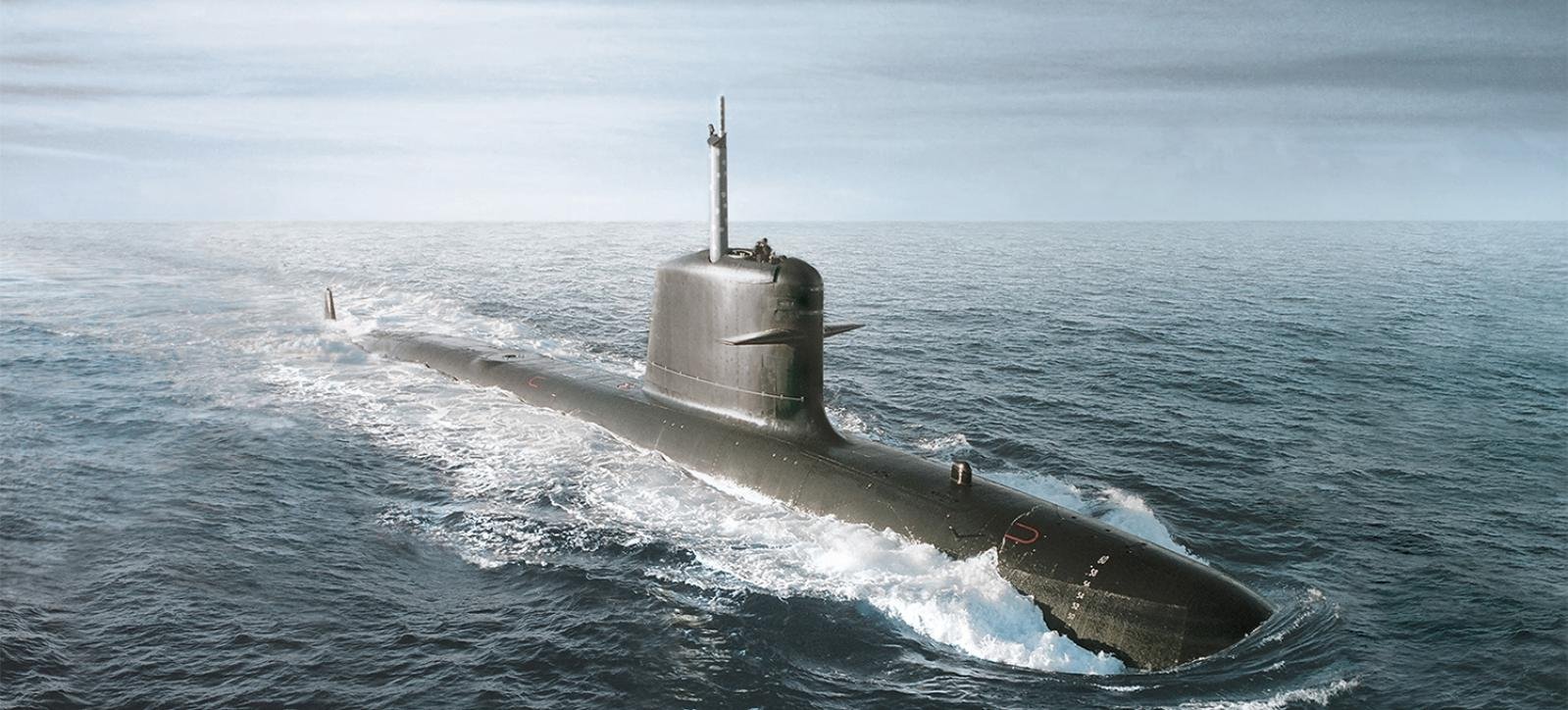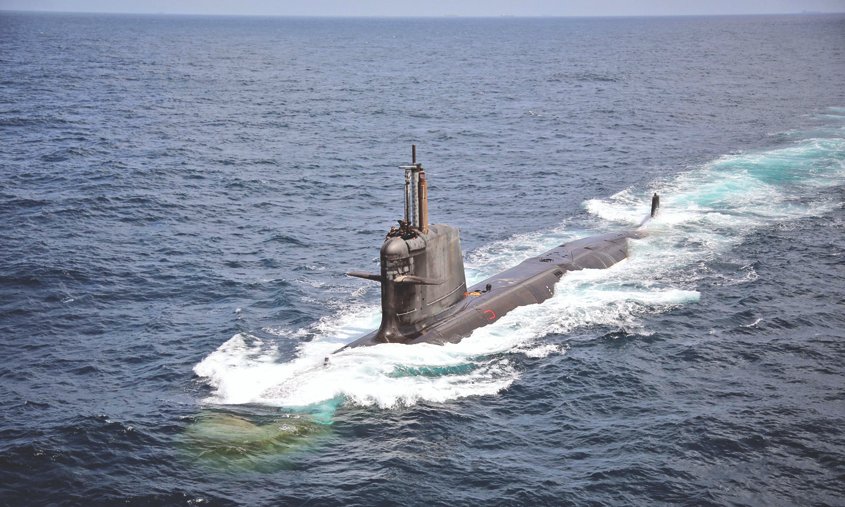
Germany has made a surprising reversal in its stance on India’s P75I Program
India’s P75I initiative, aimed at domestically constructing six Scorpene-Class attack submarines, remains ambitious but significantly delayed. Initially approved by the Cabinet Committee on Security in 1997 to replace the Sindhughosh-class submarines, the project was expected to be operational by the late 2020s but has yet to commence.
In 2020, the Indian government shortlisted two shipyards and five foreign defense companies for P75I. Mazagon Dock Limited (MDL) and Larsen & Toubro (L&T) were chosen as Strategic Partners (SPs) for indigenous construction, issuing requests for proposals (RFPs) to collaborate with foreign Original Equipment Manufacturers (OEMs).
Challenges arose during the selection process. In July 2021, MDL required partners with a functional Air-Independent Propulsion (AIP) system, disqualifying Naval Group (France), Rosoboronexport (Russia), and Navantia (Spain) for lacking sea-proven AIP-equipped submarines.
This left only Thyssenkrupp Marine Systems (TKMS) from Germany and Daewoo Shipbuilding and Marine Engineering (DSME) from South Korea as contenders.
P-75(I) Setback: TKMS Withdrawal
In August 2021, TKMS withdrew from P-75, citing concerns over liability and technology transfer clauses in the RFP.
However, momentum shifted in June 2023 when TKMS and MDL collaborated to support AIP-capable submarine construction in India. Concurrently, L&T partnered with Navantia, signaling a change in the project’s competitive landscape.
German Interest in P-75I
Germany emerged as a key player in India’s submarine project, evident through several notable events:
High-Level Discussions: During the German defense minister’s June 2023 visit, talks highlighted Germany’s interest in engagement. The defense minister advocated for TKMS, emphasizing the deal’s potential as a flagship project.
Minority Stake Consideration: In September 2023, reports suggested Germany was contemplating acquiring a minority stake in TKMS.
Proposed Govt-To-Govt Deal: In January 2024, Germany proposed a government-to-government deal to supply six advanced conventional submarines to India under P75I, signaling deeper defense cooperation.
Full Support: Germany’s Ambassador to India expressed full support for TKMS-Indian Navy negotiations, affirming Germany’s commitment to building submarines with an Indian dockyard.
Export Restrictions Eased: In April 2024, Germany eased export restrictions for India, reflecting a commitment to bolster military cooperation.
Meanwhile, MDL began work on submarine design. Though reports suggest Germany offering its SDW class dolphin submarine, official confirmation is awaited.
Germany’s heightened interest in India’s P-75I Submarine Program signifies evolving global security dynamics and changing defense cooperation landscapes. The conflict in Ukraine and Europe’s shifting security outlook have likely influenced Germany’s determination to expand defense collaboration.
India’s proactive efforts to diversify military hardware sources, moving beyond traditional partners like Russia, underscore the strategic importance of Germany’s emerging role in submarine initiatives.
In essence, Germany’s increased involvement in India’s submarine program marks a significant milestone in bilateral defense cooperation, potentially enhancing both nations’ strategic maritime capabilities.



